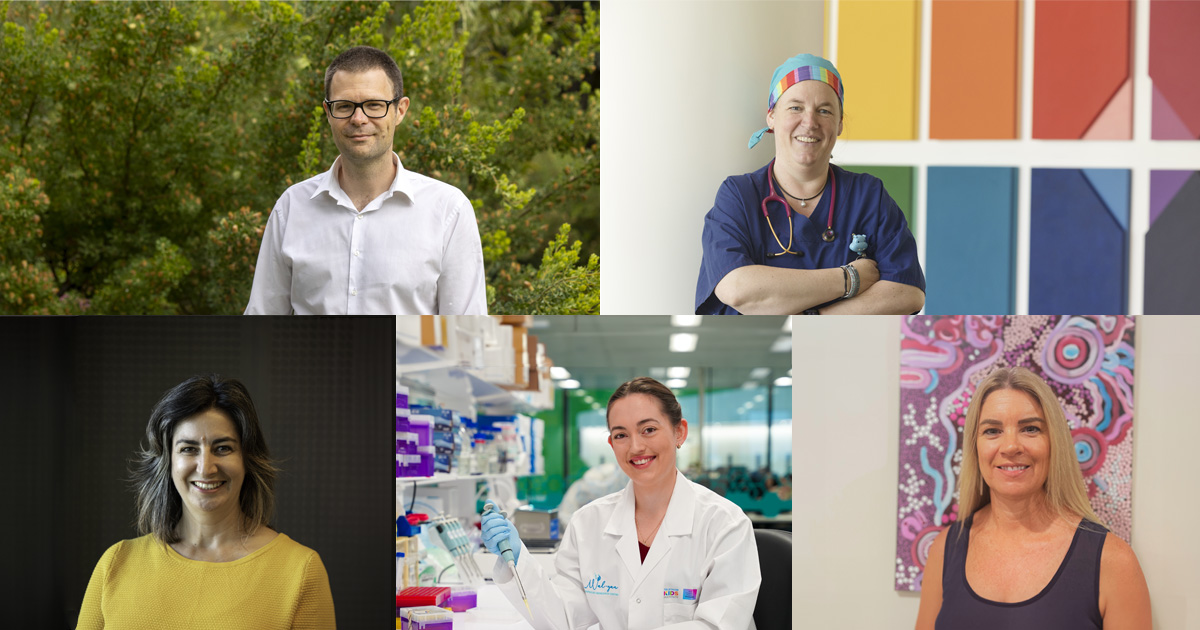Search
Research
The fall and rise of Group A Streptococcus diseasesWe overview the changing epidemiology of Group A Streptococcus infections and the genetic alterations that accompany the emergence of Group A Streptococcus strains
Research
Investigation of trimethoprim/sulfamethoxazole resistance in an emerging sequence type 5 methicillin-resistant Staphylococcus aureus clone reveals discrepant resistance reportingOur findings are crucial in demonstrating that the Northern Territory STS clone is not STX resistant
Research
Are scabies and impetigo “normalised”? A cross-sectional comparative study of hospitalised children in northern Australia assessing clinical recognitionScabies and impetigo infections are under-recognised and hence under-treated by clinicians
Research
Infection characteristics and treatment of Staphylococcus aureus bacteraemia at a tertiary children's hospitalThere is a wide spectrum of disease severity in paediatric Staphylococcus aureus bacteraemia
Research
Dedicated paediatric Outpatient Parenteral Antimicrobial Therapy medical support: a pre-post observational studyWe examined the impact of introducing a dedicated team to OPAT, to define the role of increased medical oversight in improving patient outcomes in this cohort.
Research
A Retrospective case-series of children with bone and joint infection from northern AustraliaWe report osteomyelitis incidence in indigenous children of northern Australia is amongst the highest reported in the world
Research
Comparison of three methods for the recovery of skin pathogens from impetigo swabs collected in a remote community of Northern Territory, AustraliaImmediate plating of impetigo swabs is the gold standard for bacterial recovery but is rarely feasible in remote regions.

News & Events
The Kids researchers named as finalists in 2023 Premier’s Science AwardsFive The Kids Research Institute Australia researchers working across diverse and highly impactful areas of child health research have been named as finalists for the 2023 Premier’s Science Awards.
Research
See, Treat, Prevent Skin Sores and Scabies (SToP) TrialHealthy skin is important for maintaining overall health and wellbeing. Some skin infections, if untreated, can lead to serious downstream health complications such as heart disease, kidney disease, or sepsis.
Research
Skin MicrobiomeThe skin is home to an array of bacteria, fungi and viruses, which together make up the skin microbiome. We explore how the skin microbiome can contribute to healthy skin.
